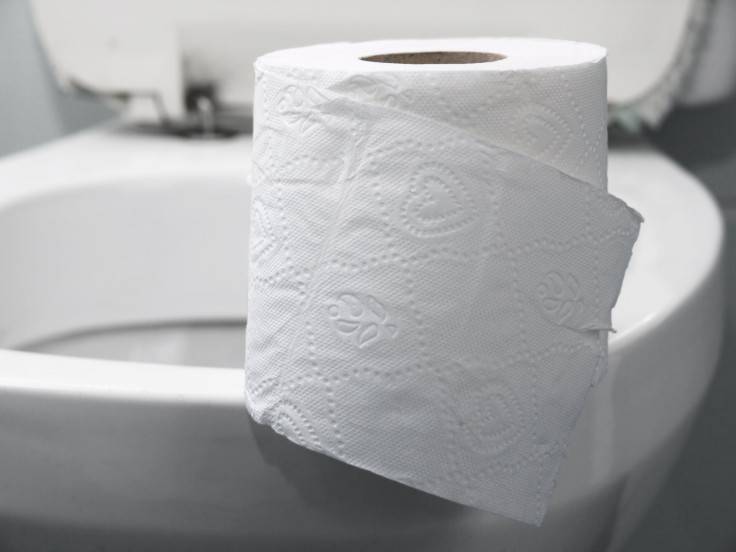Always On The Go? What Your Bowel Movements Can Say About Your Health

Discussing what goes on in the bathroom is taboo for most of us. As children, we saw no shame in telling anyone in earshot exactly what we did on the toilet that morning. With age, however, we learned that some things should be kept private. Maybe kids are onto something that adults aren’t.
Experiencing a bowel movement is an essential bodily function, and it is an easy way to see what’s going on inside of our bodies. Changes in your toilet habits are usually caused by dietary changes, but they could also mean that your body is fighting an infection or dealing with a serious condition. It's important to channel your inner child and talk to someone about your poop if something doesn’t seem quite right. Consult a doctor if you experience any strange changes in your normal toilet habits. Here are some common fecal characteristics and what they may indicate:
Color
Feces come in a large variety of colors, resulting from a combination of what you eat and how much bile (yellow-green fluid that digests fat) is in your stool. As bile pigments travel through your digestive tract, they are chemically altered by enzymes. This changes them to the brown color that we are all most familiar with.
Other colors in your fecal matter are not necessarily a cause for alarm and are most likely caused by increased consumption of certain foods, or they may be a side effect of some medication. However, there are instances when these pigment changes are indications of something more serious:
- Bright red or black feces may mean that there is blood in your waste, which indicates there is bleeding somewhere in your digestive tract. Black feces can indicate a tear in the upper digestive tract, such as a Mallory-Weiss tear (a tear in the esophagus). Red stool indicates a problem lower in your digestive tract, such as Bowel inschemia (when blood supply is cut off to the intestines).
- Yellow-tinted feces may mean that there is too much fat in your waste and your body is having trouble with fat absorption. This is common in Celiac disease.
- White- or clay-colored feces may indicate a lack of bile in the stool due to an obstruction of bile ducts, such as cysts of the bile ducts. This could also be a sign of alcoholic hepatitis.
- Green feces could indicate that food is passing through your intestines too quickly. For cancer patients that have undergone a bone marrow transplant, green feces may indicate the development of a graft-versus-host disease.
Shape and Texture
The presence of narrow, almost pencil-thin stools, can be a symptom of narrowing or obstruction of the colon due to colon cancer. If this problem is frequent and persists for an extended period of time, you should consult your doctor.
Mucus in your stool is normally not a cause for concern. However, a significant increase of mucus in stool that occurs regularly, or mucus accompanied by bleeding or a change in bowel habits, may be indicative of more serious conditions such as Crohn’s disease, ulcerative colitis, and even cancer.
Soft stools can be a sign of a problem, too. Stools that stick to the side of the toilet or are difficult to flush can mean there is too much oil in your feces. This may be caused by a problem with your body’s ability to absorb nutrients.
Frequency
Normal bowel habits vary. Some people may have multiple movements a day, while others will have three per week — both normal ranges.
Constipation is described as having fewer than three bowel movements a week. Occasional constipation is common. Chronic constipation can be caused by a number of factors, ranging in severity from lack of fiber in diet to rectal cancer. As reported by Fox News, more than four million Americans have frequent constipation. It can be caused by a number of factors such as poor diet, lack of exercise, certain medications, lack of fluid, or various bowel disorders. In order to best treat constipation, you should consult your doctors and find its root cause.
Diarrhea occurs when loose watery stools pass through your bowels too quickly. It is a normal way for the body to get rid of toxic substances and may be a sign that your body is working efficiently. Usually diarrhea lasts for a few days. If the diarrhea last for weeks at a time, however, it may be a sign of a more serious condition such as irritable bowel syndrome or Crohn’s disease.
Published by Medicaldaily.com



























